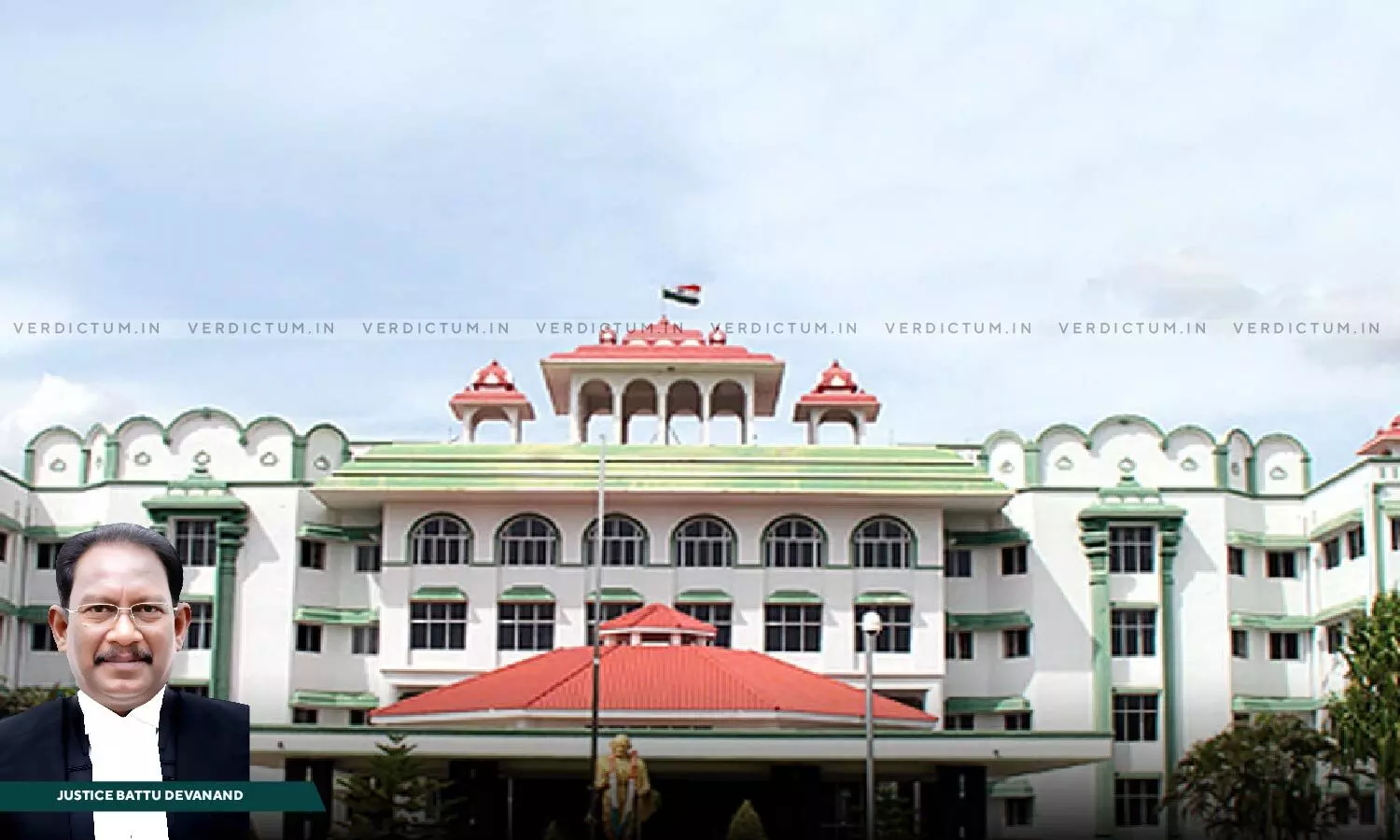
No Recovery To Be Initiated From Retired Employees: Madras HC Quashes Order For Recovery Of Excess Payment Of Pension
 |
|The Madras High Court has highlighted that no recovery to be initiated from retired employees or employees, who are due to retire within one year of the order of recovery.
In that context, the Bench of Justice Battu Devanand observed that, "no recovery to be initiated from retired employees or employees, who are due to retire within one year of the order of recovery. In the present case, the original petitioner retired on 30.09.1988. The respondents passed order for recovery of the excess payment in the year 2017. Thus, the impugned order is unsustainable."
Counsel R Subramanian appeared for the petitioner, while Special Government Pleader C Sangamithirai appeared for the respondents.
The key facts of the case outlined the employment history of V. Radhakrishnan, a retired lecturer, whose pension was revised until February 2017. Subsequently, the second respondent claimed an overpayment of pension and initiated recovery proceedings. V. Radhakrishnan challenged this, prompting the court to issue a stay order.
Following V. Radhakrishnan's demise on February 16, 2019, his wife continued the legal battle by filing a substitute petition. The second respondent contended that V. Radhakrishnan did not fulfill the requisite service tenure in his upgraded role, leading to a dispute over pension entitlements.
Amidst legal proceedings, recovery actions were temporarily halted, and family pension was reinstated for V. Radhakrishnan's wife. However, due to administrative issues like non-mustering, the payment of family pension was disrupted, prompting the withdrawal of undrawn amounts.
Subsequently, upon court directives, the muster status of V. Radhakrishnan's wife was rectified, and undrawn family pension amounts were disbursed. The respondent assured that all dues had been settled, including family pension arrears, and urged the dismissal of the petition.
The Court observed that, "the action of the second respondent in issuing the impugned order for recovery from the pension of the petitioner is illegal, arbitrary, unjust and in violation of the principles of natural justice and accordingly, the impugned order is liable to be set aside."
Accordingly, the petitions were allowed, and the respondents were directed to pay family pension to the petitioner.
Cause Title: V. Radhakrishnan (Deceased) vs The Government of Tamil Nadu & Ors.
Click here to read/download the Judgment